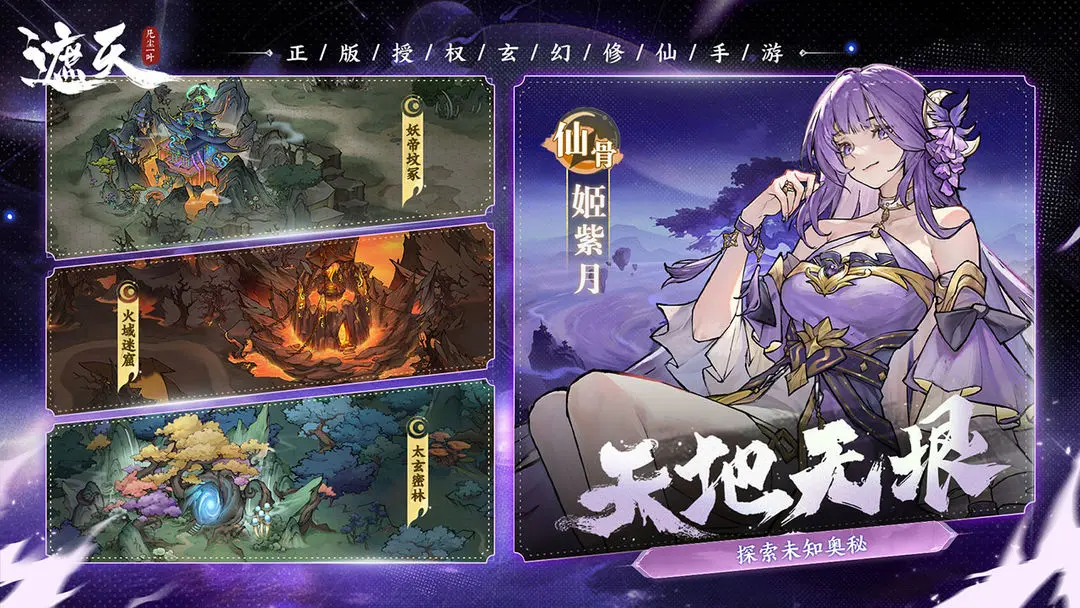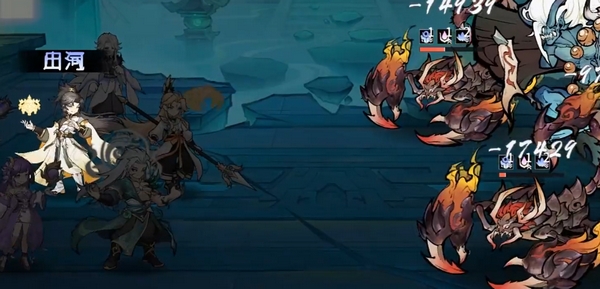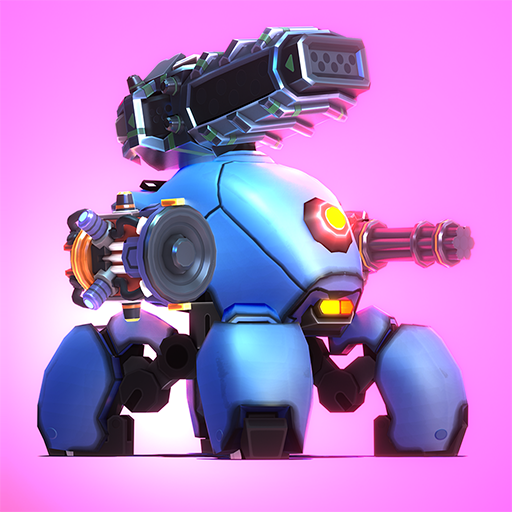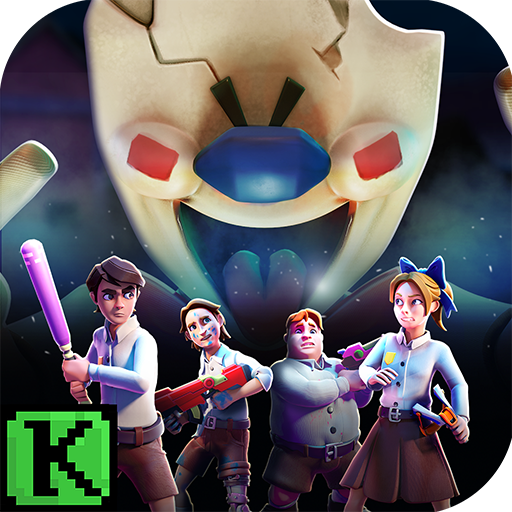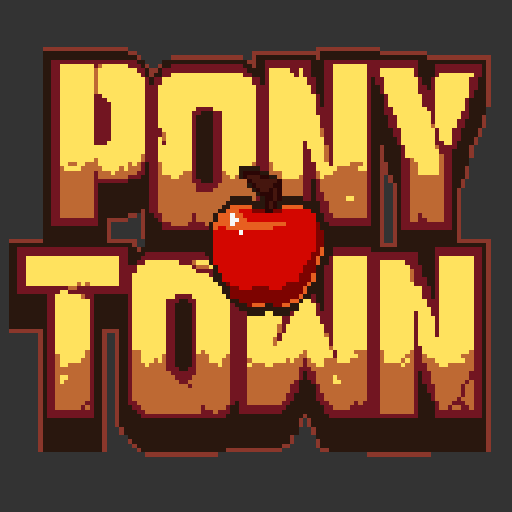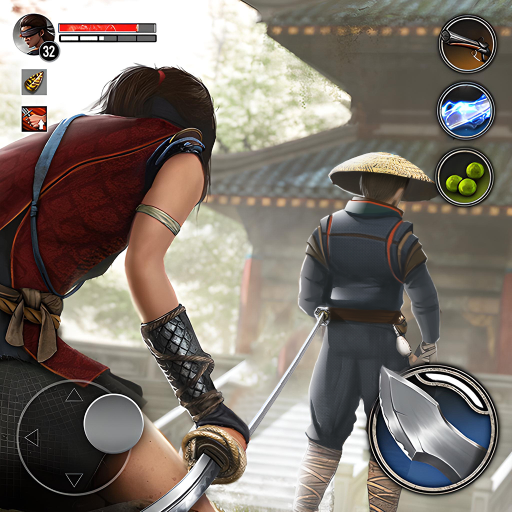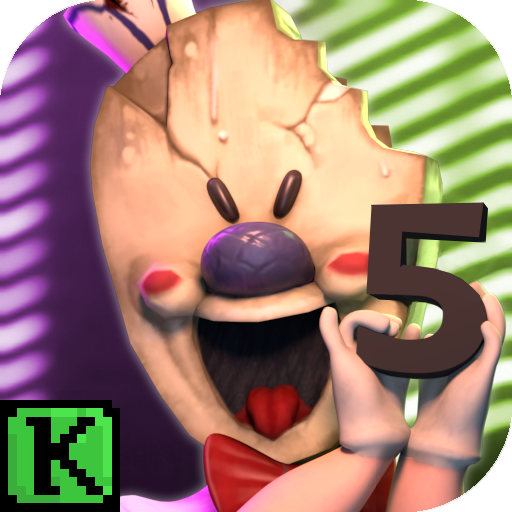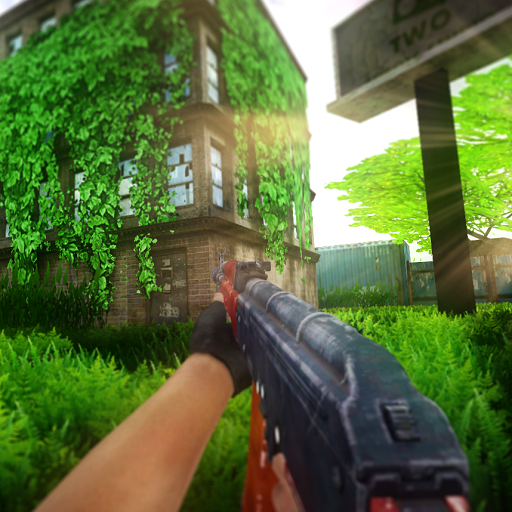The mobile game "Great Tang Night Watchman" is a free-form fantasy wuxia MMO, based on the grand world view of the original work, constructing an immersive martial arts world. Many players are troubled by the choice of secondary occupations in Great Tang Night Watchman. Here, there are no constraints of fixed professions; players can freely mix and match skills from various schools such as warriors, Confucians, and sorcerers, experiencing a real martial world that changes with day and night and weather. In addition to intense battles and mind-bending investigations, the secondary occupation system provides players with diverse growth paths, becoming an important part of character strength enhancement and game enjoyment.
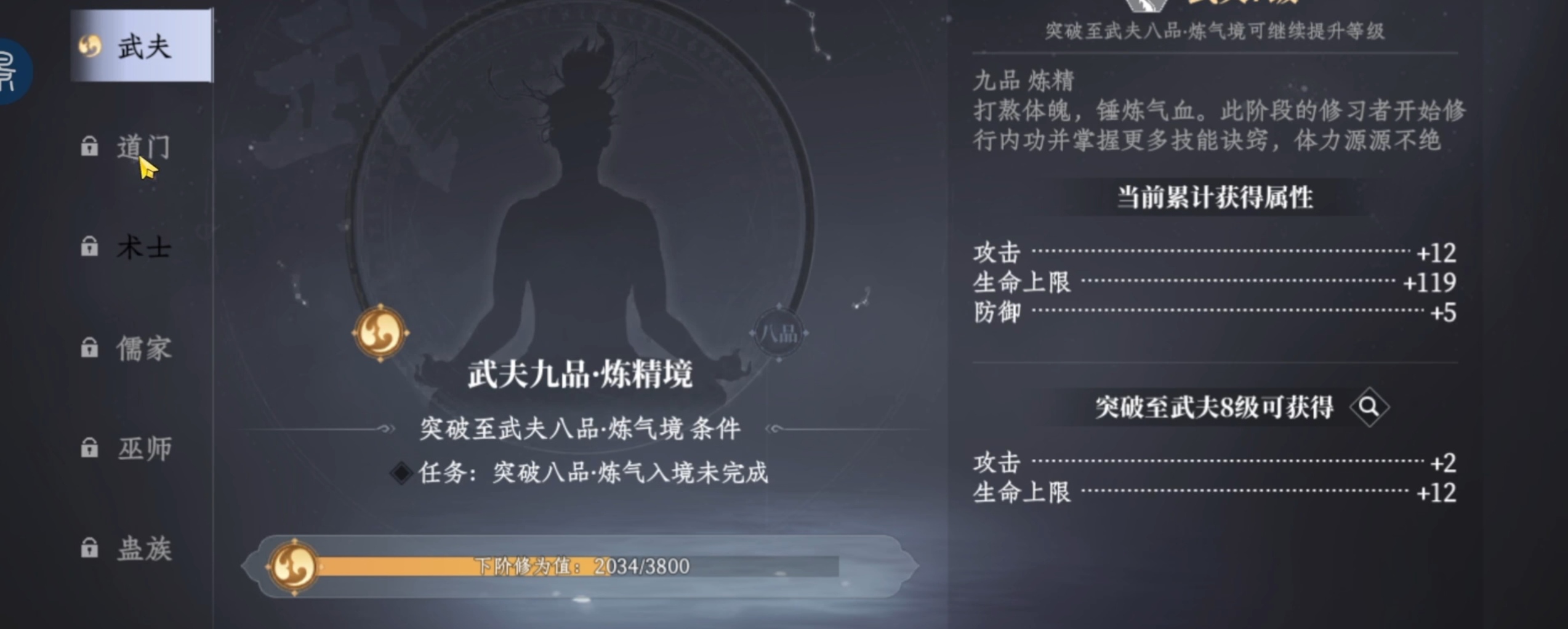
The secondary occupation system includes six directions: Weapon Forging, Armor Crafting, Accessory Making, Transcription, Alchemy, and Cooking. Each field has its unique value, allowing players to choose according to their needs for deep cultivation. Weapon Forging focuses on weapon creation, from basic iron swords and long knives to divine weapons with special attributes like magic breaking and critical hits, all of which can be crafted by collecting ores and rare materials. A high-level forged weapon often enables offensive characters to achieve a qualitative leap in combat power, whether challenging dungeon bosses or participating in PvP combat, giving them an advantage.
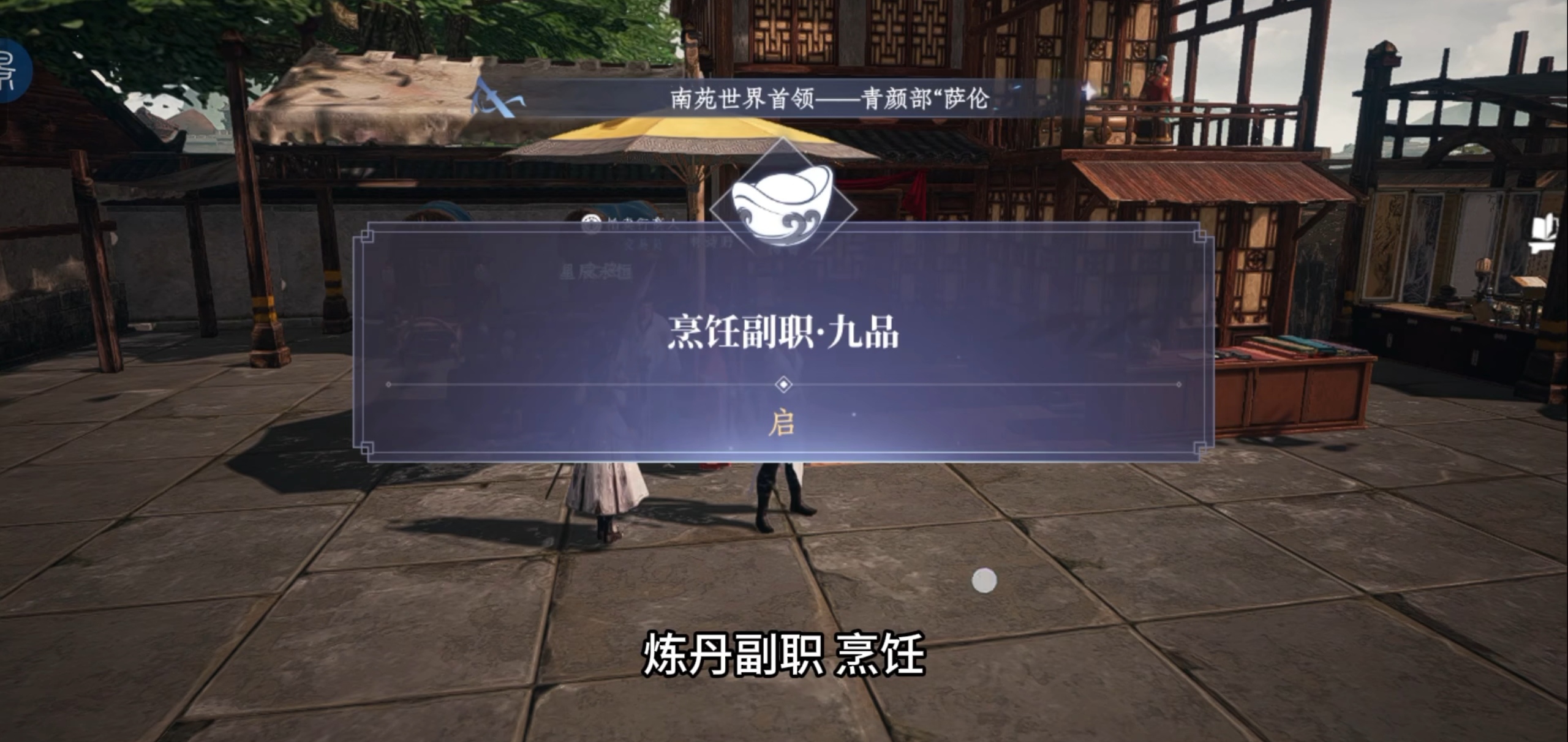
Armor Crafting focuses on defensive equipment, ranging from light leather armor to heavy dark iron armor, not only providing basic defense but also potentially adding bonuses such as health points and elemental resistance. For players who frequently venture into dangerous areas or prefer direct confrontations, armor crafted through this secondary occupation is a crucial guarantee for survival, allowing the character to steadily advance under intense attacks.
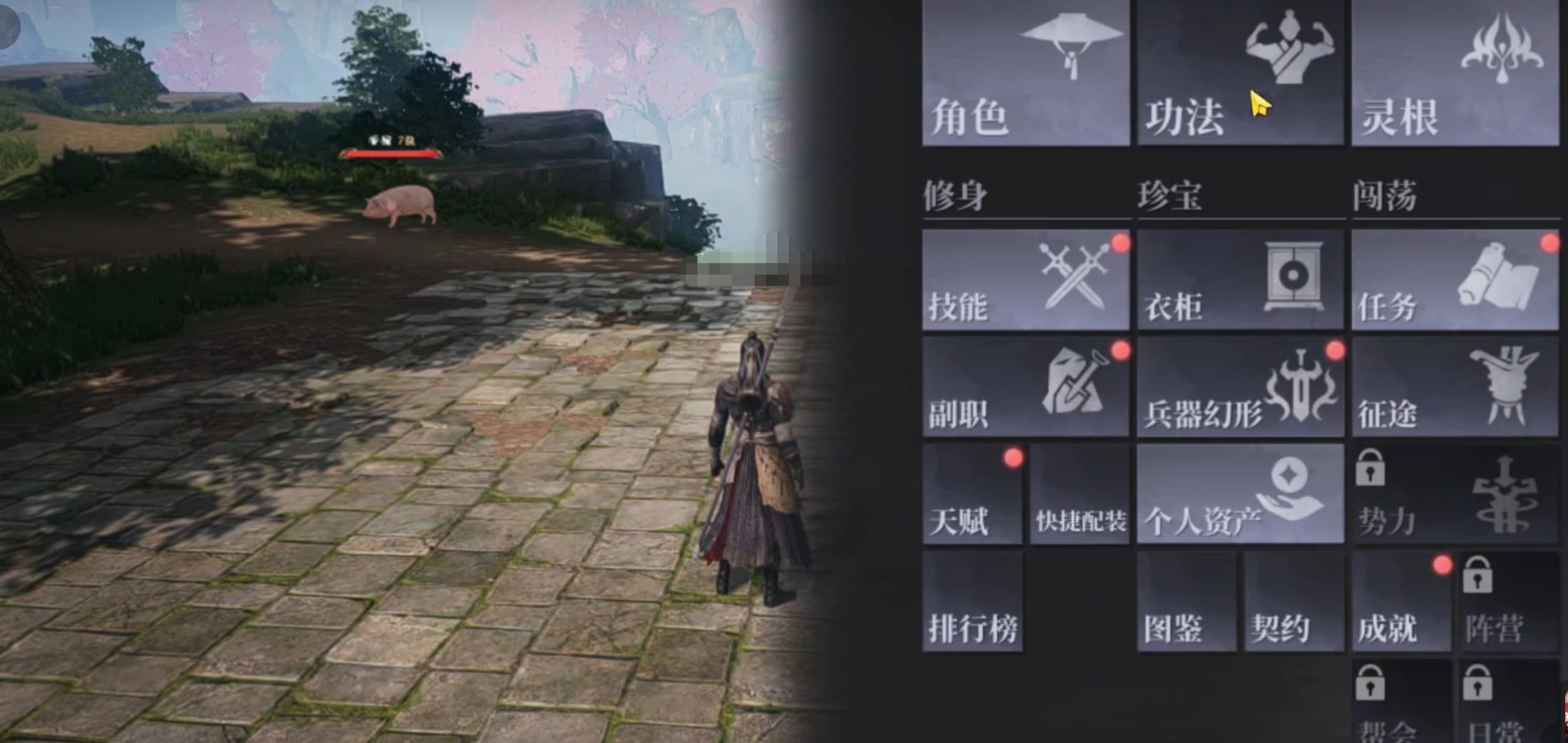
Accessory Making uses jade as the primary material to create small items like jade pendants and necklaces, which may seem insignificant but hide profound secrets. Some accessories can increase skill hit rates, others enhance healing effects, and some even have a hidden effect of triggering a "critical hit." These subtle enhancements often decide the outcome in high-intensity battles, becoming a key choice for many players to improve their overall strength. The Transcription secondary occupation is full of ingenious thoughts from the martial world, where players record moves from different schools to make special pages. During battles, "tearing" these pages allows one to temporarily use skills from other professions. For example, a warrior can use a page to cast Confucian control spells, or a sorcerer can temporarily use Buddhist healing techniques, greatly enriching battle strategies. As proficiency increases, auxiliary pages with sustained buffs can be unlocked, making team cooperation more variable.
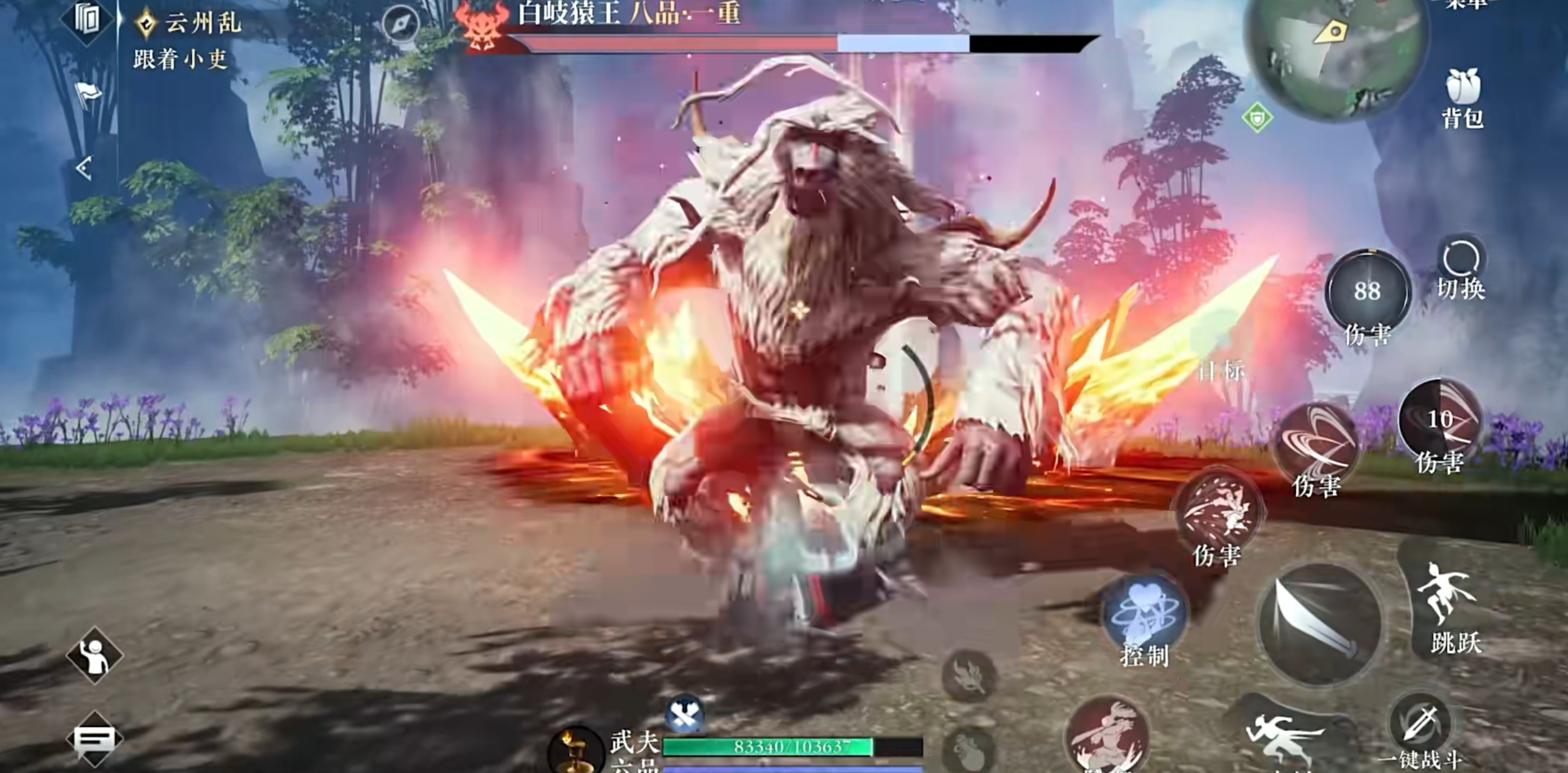
Alchemy and Cooking lean towards logistical support. Alchemists can produce blood-replenishing potions, temporary damage-boosting elixirs, and even have a chance to produce "immortal pills" that permanently boost attributes, turning the tide in critical moments of adventure. Cooking involves processing fish, meat, and other ingredients to create dishes that increase stamina and improve gathering efficiency, particularly useful for daily tasks and prolonged exploration.
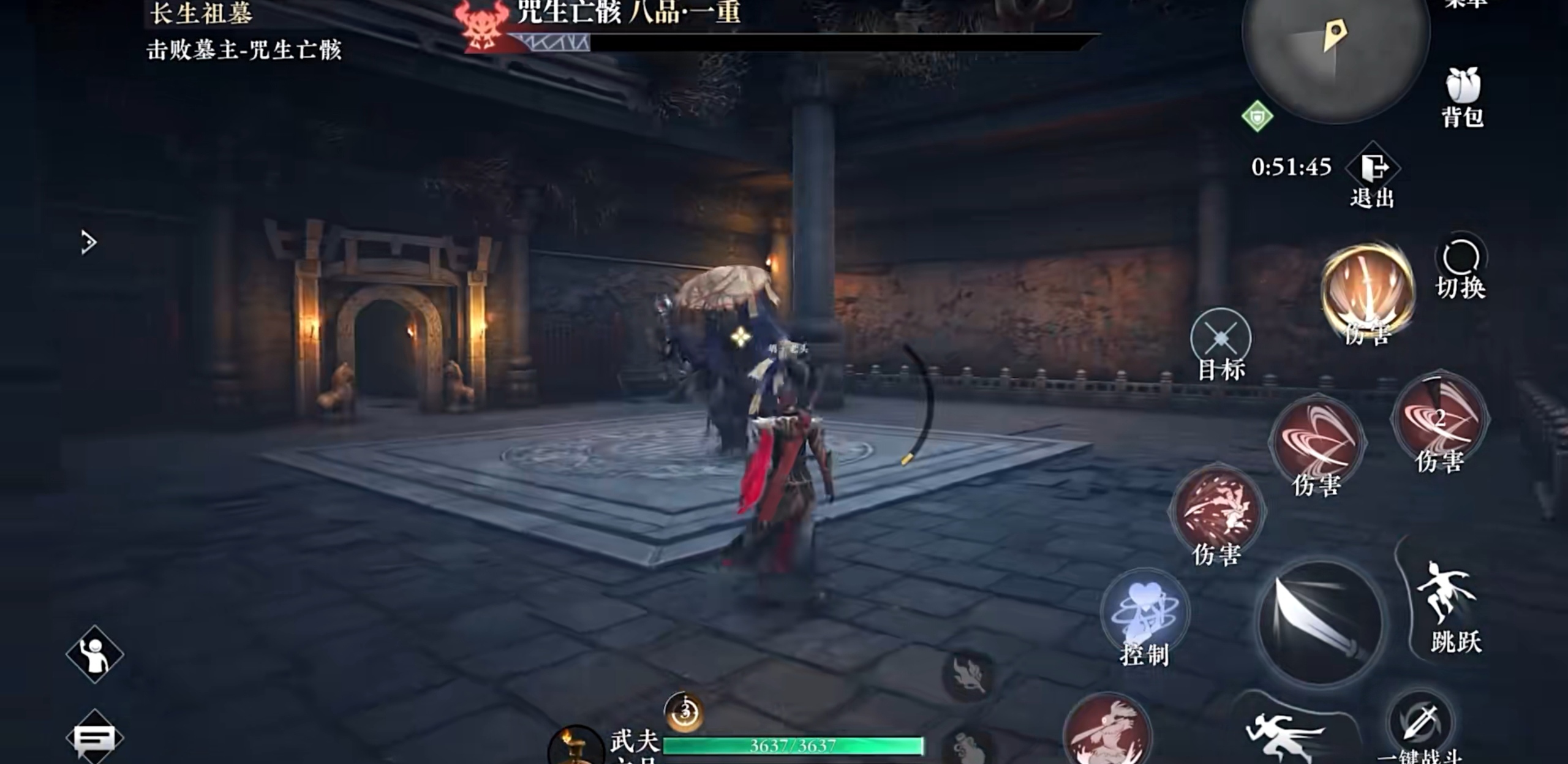
When choosing a secondary occupation, there's no need to limit oneself to a single direction. Many players will combine learning, such as combining Weapon Forging with Armor Crafting to create a full set of custom equipment, or pairing Alchemy with Cooking to provide comprehensive benefits for themselves and their teammates. Items produced by secondary occupations can not only be used personally but also traded through the auction house, forming an important part of the in-game economy. Whether pursuing ultimate combat power or enjoying a self-sufficient life in the martial world, the secondary occupation system allows each player to find their own growth rhythm in the Great Tang world.
